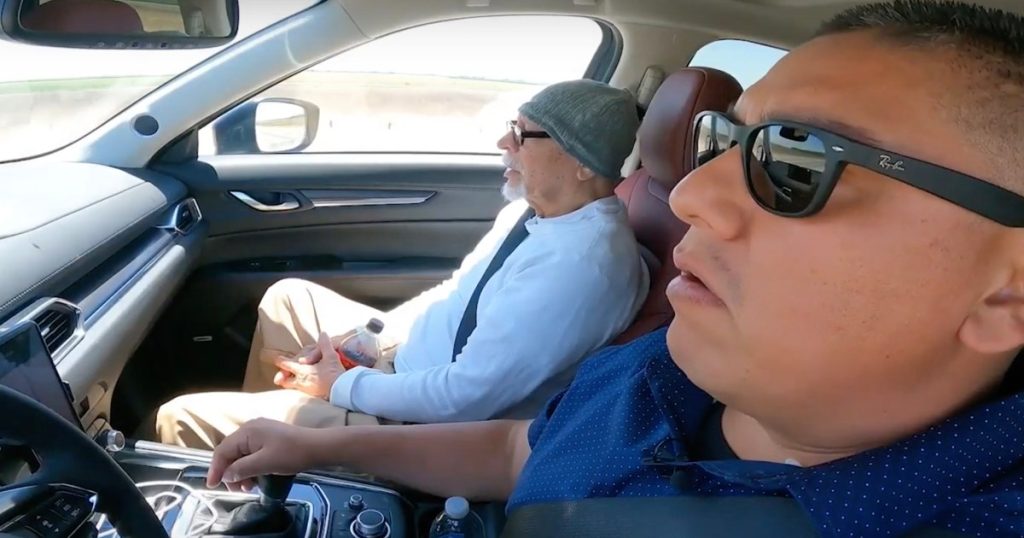The Anti-Recidivism Coalition’s Ride Home Program in Los Angeles provides transportation and support for nearly 1 million formerly incarcerated individuals who are released from California prisons and jails each year. Created in collaboration with Stanford University, the program pairs individuals with drivers who are also formerly incarcerated to offer mentorship and relationship-building opportunities. Founded by Carlos Cervantes, the program aims to help ease the transition back into society by providing a ride to approved transitional housing, a meal of their choice, a new outfit, a cellphone, and toiletries. Since its inception, the program has helped bring home more than 1,394 people upon their release.
One example of the program’s impact is seen in the story of Pedro Gonzalez, who was released after serving 24 years at a correctional training facility in Soledad. Cervantes personally gave Gonzalez his first ride home, providing him with a new outfit, a cellphone, and treating him to a meal of his choice. Gonzalez expressed his gratitude for the support he received, stating that he was happy to have someone there to assist him during this transitional period. The program’s personalized approach has been effective in helping individuals like Gonzalez successfully reintegrate into society.
The Anti-Recidivism Coalition reports that formerly incarcerated individuals who have participated in its support and career programs have a less than 10% recidivism rate, compared with California’s overall rate of 60%. This demonstrates the positive impact that comprehensive support services can have on reducing re-offending and helping individuals build successful futures after incarceration. The Ride Home Program, specifically, has been instrumental in providing a safe and supportive environment for individuals as they navigate the challenges of reentry into society.
The demand for services like the Ride Home Program has surged in the wake of the Covid-19 pandemic, with a 700% increase in requests for support. This highlights the ongoing need for effective reentry programs that can help formerly incarcerated individuals access the resources and support they need to successfully reintegrate into society. By offering transportation, mentorship, and essential resources, programs like the Ride Home Program play a critical role in ensuring that individuals have the support they need to make a positive transition from incarceration to freedom.
The success of the Ride Home Program demonstrates the importance of personalized and holistic support in helping individuals break the cycle of incarceration. By providing practical assistance such as transportation and basic necessities, as well as mentorship and relationship-building opportunities, the program empowers formerly incarcerated individuals to rebuild their lives and make positive choices for their futures. As more individuals are released from prisons and jails each year, programs like this one are essential in providing the support and resources needed for successful reentry into society.
Overall, the Ride Home Program is an example of a successful initiative that addresses the challenges faced by formerly incarcerated individuals as they transition back into society. By offering practical support, mentorship, and resources, the program has helped hundreds of individuals successfully reintegrate and reduce their likelihood of re-offending. With the increase in demand for services following the Covid-19 pandemic, it is clear that programs like this are essential in supporting individuals as they navigate the complexities of reentry and work towards building brighter futures beyond incarceration.


